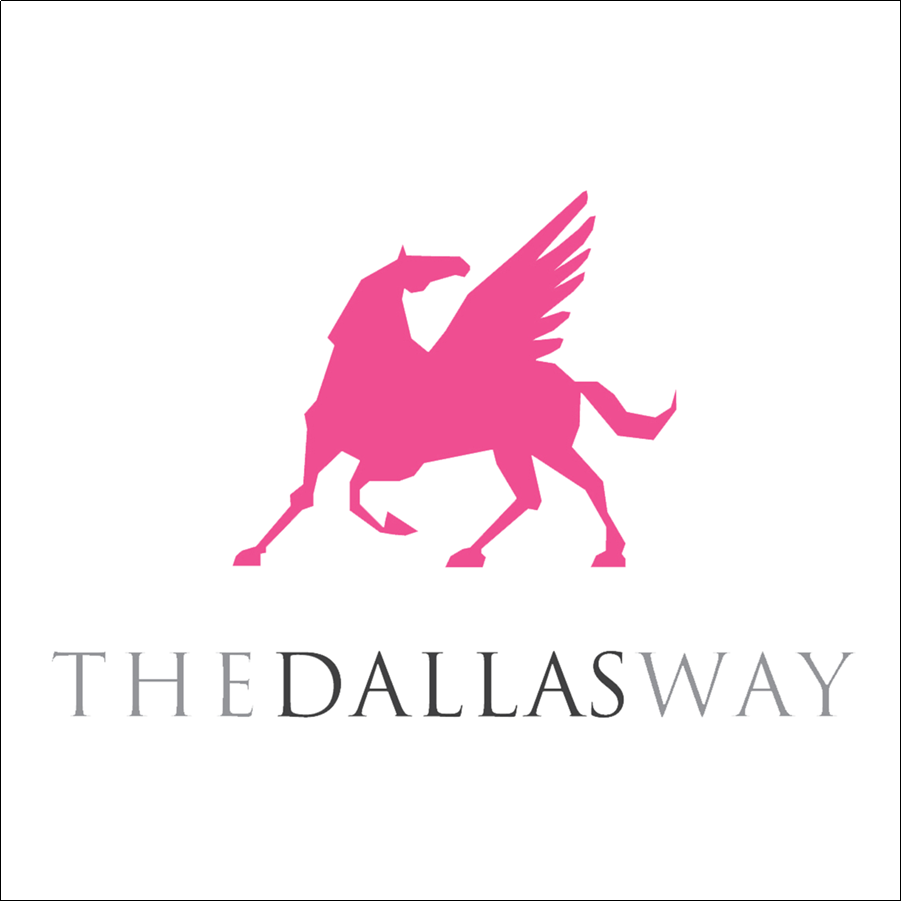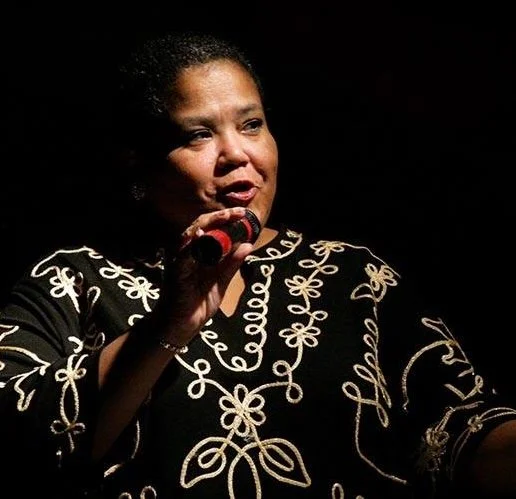Ann Brown (1956 - 2025)
Longtime LGBTQ activist and leader Ann Brown died August 6, 2025, after an extended illness. She was a resident of Oak Lawn Place, Resource Center’s senior housing facility in Dallas, Texas, where she was surrounded by many old friends.
“How many people get to be part of a miracle?” Brown said of the senior living facility. “Oak Lawn Place is the answer to many prayers.”
Brown grew up in El Paso, Texas, graduating from Loretto Academy, and then attending Austin College in Sherman, Texas, where she earned her Master’s degree in Psychology and Education. She taught in public schools in Dallas, and she later served as Membership Services Supervisor at the YMCA of Metropolitan Dallas and as a legal admiinistrator at the Dallas County District Attorney’s Office.
Brown’s days as an activist date back to the 1970s. She was an early Dallas Gay Alliance board member and was one of the principal organizers of the Dallas contingent at the gay community’s mass “March on Washington” in 1979. It was in that effort that she first met and became a close friend of other early Dallas gay activists, including March co-organizers Bill Nelson and Terry Tebedo. She became one of their closest friends until their deaths from AIDS in 1990 and 1988 respectively. She always relished the memories of the cozy spaghetti suppers at their home in East Dallas “on stormy weekend night.”
In 1985, Bill Nelson became the first openly gay person to run for public office in Dallas, and Brown worked tirelessly at his side throughout that campaign, and in his subsequent city council campaign in 1987.
William Waybourn, Nelson’s campaign manager, said Brown was a volunteer in Nelson’s first campaign and then became volunteer coordinator for his city-wide 1987 campaign. Campaign headquarters, he said, were in the back of Crossroads Market, a shop at the corner of Cedar Springs Road and Throckmorton Street that Waybourn, Nelson and Tebedo owned and operated., where Hunky’s Hamburgers now stands.
Bill Nelson and Ann Brown in 1987
When she spoke at an Outrageous Oral presentation for The Dallas Way in 2013, Brown admitted that it was her first visit to that venue on Cedar Springs Road in Dallas, known as S4. She was amazed at what she saw,, asking, “Who ever heard of a gay bar with an elevator? And a stage with lights that the performers didn’t have to drag from home?”
“Oh, my God this is marvelous,” she declared of the audience who had come to hear her speak of her life experiences.
As a community, Dallas had come a long way from days that Brown remembered when people of color had to show three picture IDs to get into the bars on Cedar Springs, and women couldn’t wear open-toed shoes into those bars. These were rules intended to keep women out of what were thought of as bars for white men.
In her presentation at S4, Brown talked about coming out to her mother. She said organizers of the 1979 March on Washington for gay rights had warned everyone that they should come out to their families because the march was likely to be covered by the news, and they might possibly appear on national television.
When she did come out to her family, she said her mother’s reaction was to tell her that she only wanted Ann to be happy.
Brown called herself a child of the ’50s, someone who wrote her thesis on a typewriter with carbon paper. She also said she could talk about what it was like in the world before AIDS, contrasting that world to the current day when a whole generation of her friends are gone. “Driving down Cedar Springs, those aren’t just names,” she said referring to the Nelson Tebedo Clinic. “Harvey Milk isn’t just a movie to me. Those were my friends.”
Brown said she was often asked why they worked so hard to stage the first March on Washington. In response, she explained, “We worked to create a community that would be a safer place to be who we were.”
Brown served for a number of years on the board of what was then known as the Dallas Gay Alliance. The board debated whether “gay” included everybody or if “lesbian” needed to be included in the name. But Brown said some men said the word “lesbian” as if it was a dirty word — but “not in the good way.”
“Lesbian” was added to the organization’s name in 1993.
At the beginning of the AIDS crisis, Brown said the North Texas LGBTQ community had already witnessed what was going on in other affected cities.
In an email to Mike Anglin in early 2025, Brown said, “Such challenging, yet productive times we had then. A piece of my heart still mourns for Terry [Tebedo], Bill [Nelson], John [Thomas], Don [Baker], and many more. … People often speak of ‘the good ole days’ with such high regard. I have come to believe the ‘good ole days’ are the days when you are loved and get to love.”
“We saw things were happening around the country in a different way than they were happening here,” she said. “People were dying every day just because they were gay.”
But, she said, “The Dallas way was very different from other places,” referring to the perception of the Dallas LGBT community held by other cities around the country, that Dallas was more formal and businesslike in achieving positive gains for gay rights.
“Dallas wasn’t San Francisco. Dallas wasn’t even Houston. There was a Dallas way,” Brown said. “We went to so many city council meetings and meetings behind the scenes, and board meetings. But we didn’t go in throwing Molotov cocktails. We went in dressed up in ‘the Dallas way’ to make things happen.”
Brown was one of the early board members of The Dallas Way (the Dallas LGBTQ history project) and was a recipient of the Extra Mile Award and the National Leather Association’s Woman of the Year Award, and she was one of the original co-hosts of KNON’s LGBTQ+ talk show Lambda Weekly. She also appeared in KERA’s “Finding Our Voice” television special.
Brown concluded her Outrageous Oral presentation by telling a story from her childhood.
She said that when she was four years old, someone asked her, “What do you want to be when you grow up?” Without missing a beat, she looked up at the man and said, “I just want to make a difference in the world.” She said it was something her parents always said, and she took it to heart from a young age.
“I hope that I have made a difference in my community, because there were so many times when I was the only woman there or the only person of color there,” Brown said.
Editor’s Note: Much of the above content is taken from the work product of David Taffet at The Dallas Voice who gave consent for its use here.




